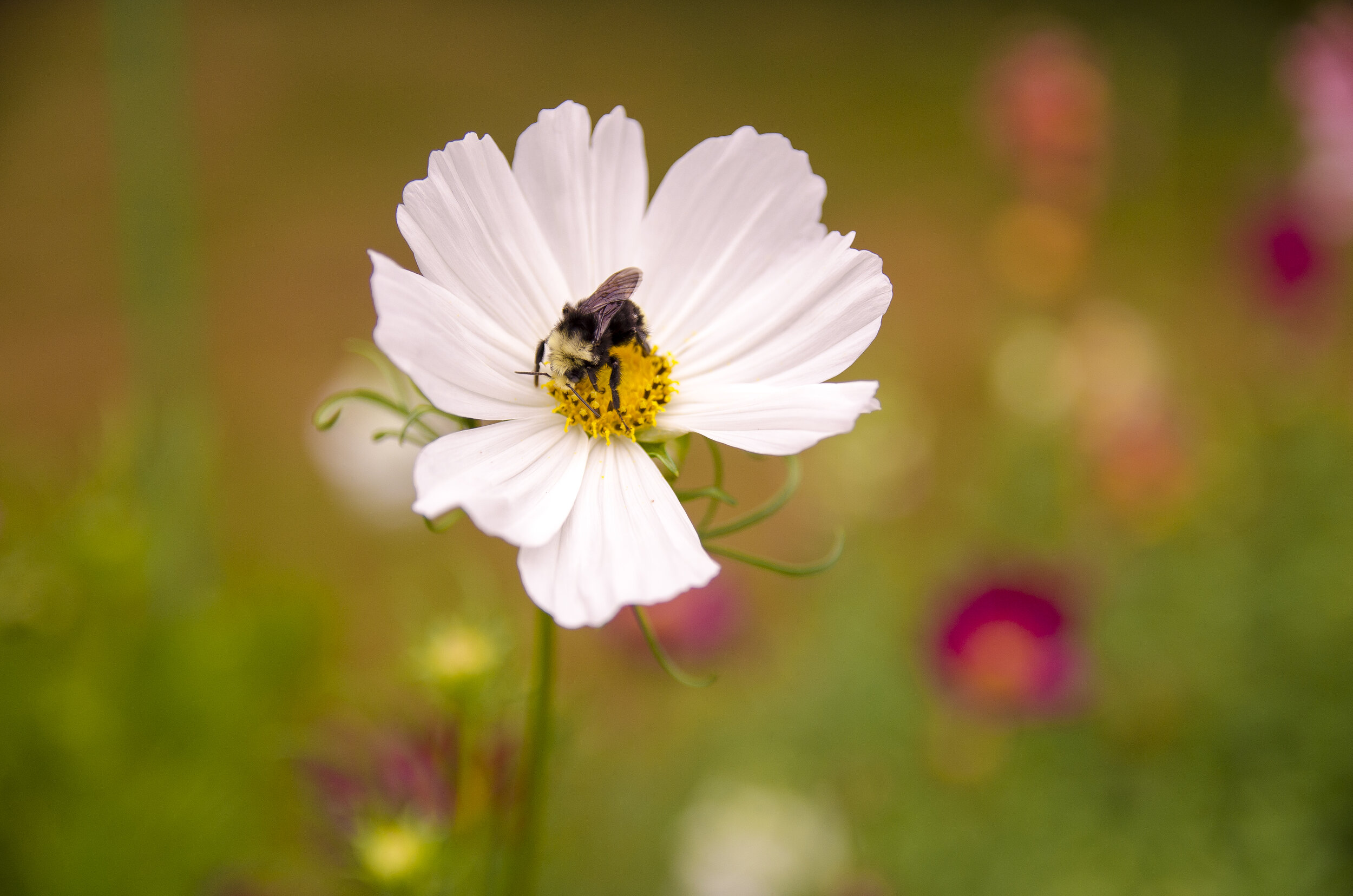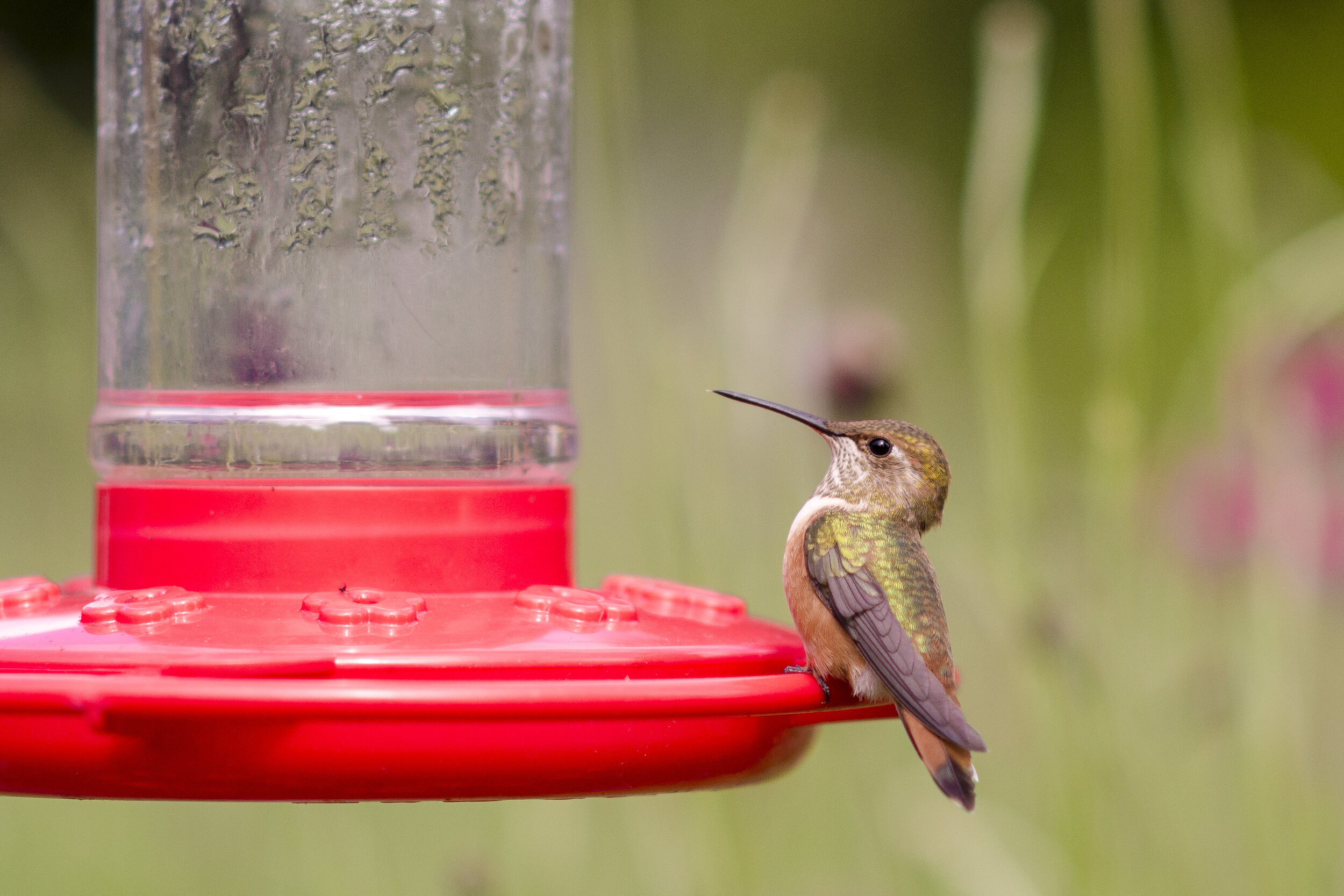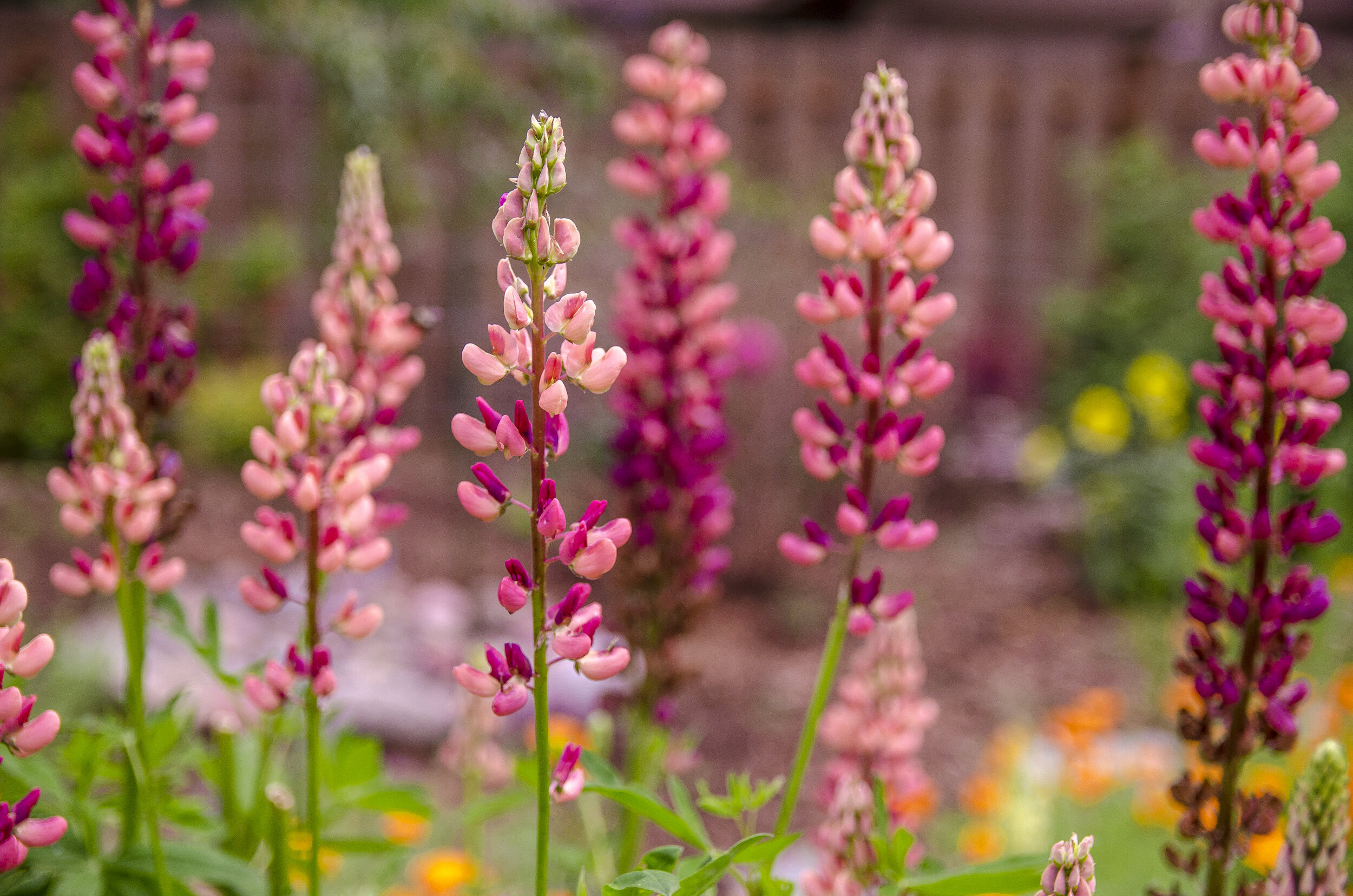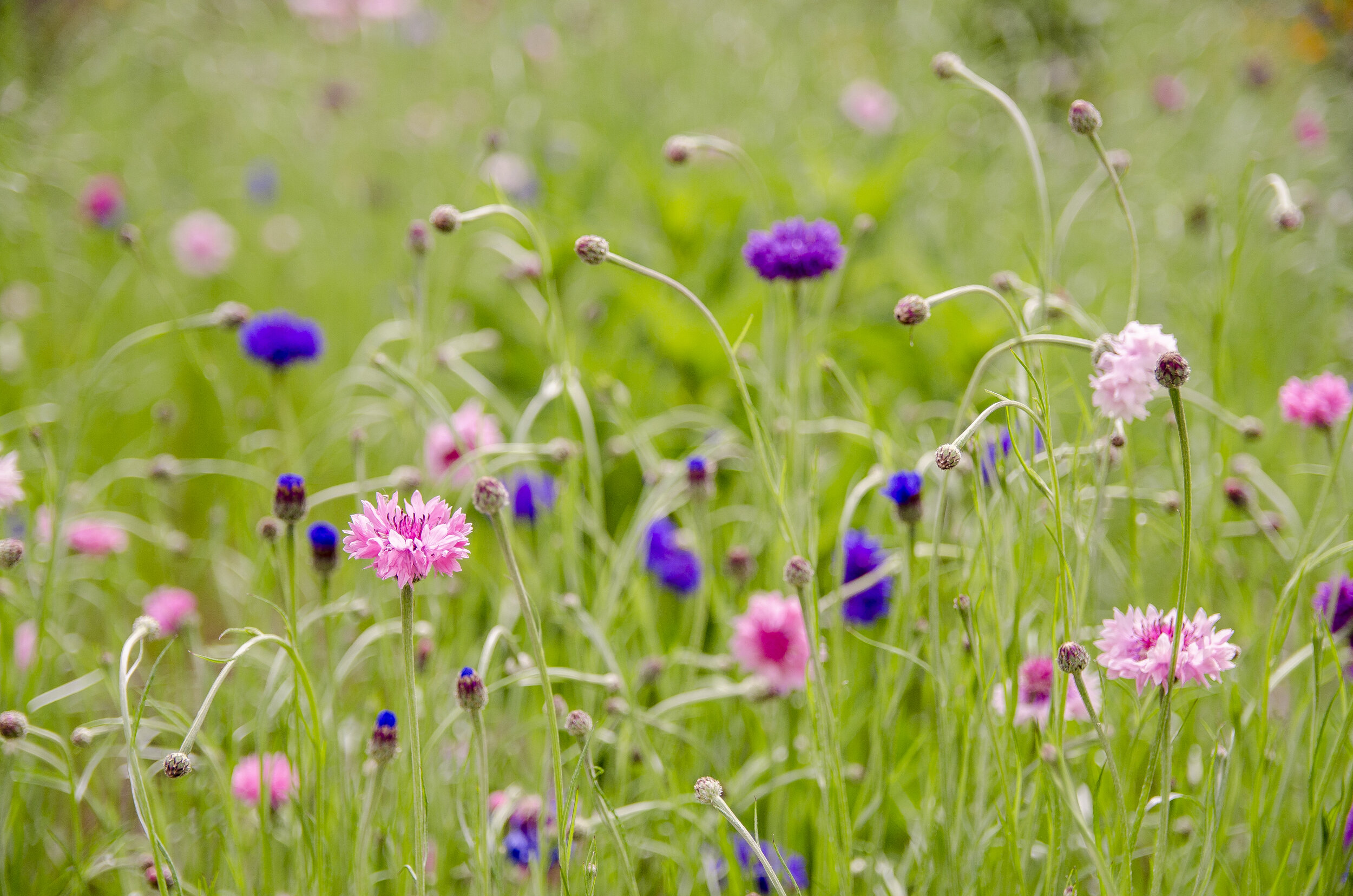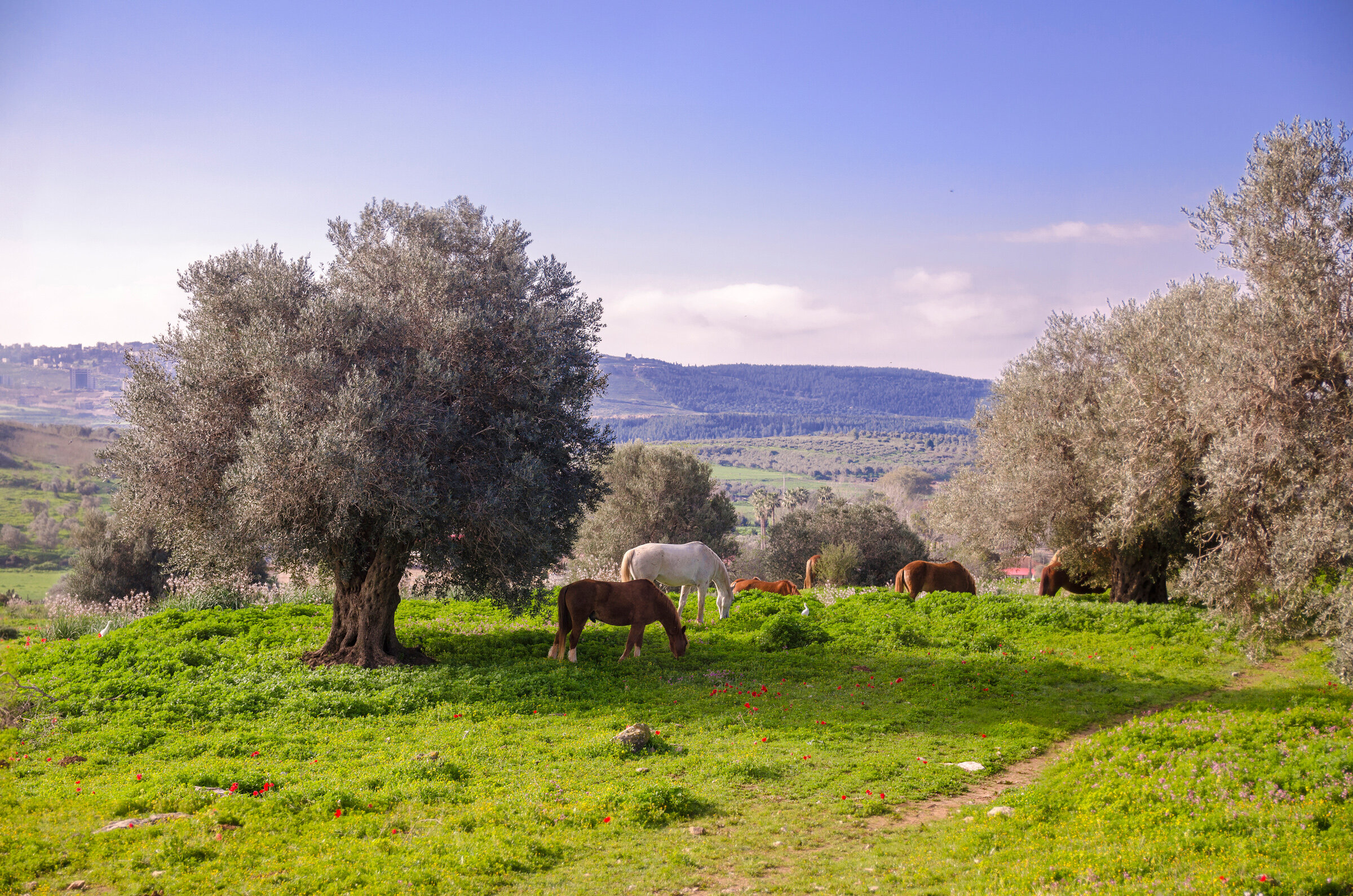on church, faithfulness, and 2020
/I wanted to write some sort of mid-year reflection post at the end of June, but with all that has happened in 2020 I had trouble knowing where to start. I’ve been pregnant for all of 2020 so far (and then some), for example; I lost my mother-in-law to cancer when the New Year was just 12 days old. This, on top of the chaos and crisis worldwide and nationally and individually and personally that none of us is quite unaffected by. So here we are in August, and I’m still gathering my thoughts.
I would describe this year so far as one long, existential earthquake. Life is being shaken up, and even as I brace for more aftershocks, I’m looking around to see what’s still standing, what’s crumbled, and what has fallen into place in a new way. Some of the things that have been broken or altered must be grieved, but maybe others had been outstaying their welcome, and it’s high time we celebrate letting them go? Maybe somewhere in the rubble we’ll find the perfect space to build something new?
I think this conversation is happening everywhere in some capacity, but my real prayer is that it will happen in the Church, and in the individuals who make up the Church. I’m praying that one of the goodbyes of this era will be the dismantling of some of the worn-in traditions of how we “do church” so that space can be made for us to BE the Church.
I’m convicted by the fact that so much of what we’ve preserved of church through the pandemic has been the least important parts, while what really matters has been lost. Some of that is merely the nature of social distancing, but some of it is also laziness, consumerism, and poor priorities. I speak for myself as much as anyone: when it became possible to tick the “go to church” box by merely opening a Facebook tab, without even the accountability of looking into someone’s face and saying hello, that’s all I did—and sometimes, not even that.
COVID-19 has starkly revealed that in the United States of America at least, our deficiency is not access. It’s abiding in Jesus. Even before there was a virus to require it, we could “go to church” remotely anywhere we wanted; we could choose any preacher or message we wanted; we could even round it out with our personal favorite style of worship music. But we have little understanding of how to love one another, meet each other’s needs, commit our time to prayer or fasting or feasting together, confess our sins to one another, reprove and forgive and reconcile with each other, serve the community together, have difficult conversations that matter, or teach one another the Word. And showing up for an hour and a half on Sundays to sing and hear a sermon isn’t teaching us any of it.
We have scrambled to hold onto the man-made structure of church, but it’s the real stuff of following Jesus that gets lost along the way.
What better time than our current upside-down reality to take stock of what is really important and to let go of what isn’t?
Jesus didn’t teach church. He taught abiding. He taught obedience. He taught love.
He didn’t ask us to prove our dedication by showing up and checking the box once a week—He asked us to follow His example and lay down our lives, every single day.
If that sounds as overwhelming for you as it does for me, take heart: We are not called to lay down our lives for everyone in the world, or even everyone in our church. Jesus already did that (hallelujah!). Our call, instead, is to lay our lives at His feet, and allow Him to use them in the specific places and for the specific people He has given to us. When He Himself was finite and human, limited by the same time and energy that limits us, He didn’t do everything for everyone—rather, He faithfully led and served the twelve disciples that God gave Him (John 17:6). He showed love and compassion for multitudes of others along His way, but always He prioritized and protected His call to the twelve.
Likewise, most of us are called to something far smaller and humbler than we often expect, like the handful of souls that make up our own families, not the hundreds who make up our church or the thousands who make up our city or the millions who make up our nation.
But faithfulness in even these very little things can explode into worldwide impact. We have countless Scriptural examples of rich harvest coming from a few small seeds—and the twelve disciples of Jesus, with you and I here 2,000 years later as their disciple-descendants, are just one of them.




